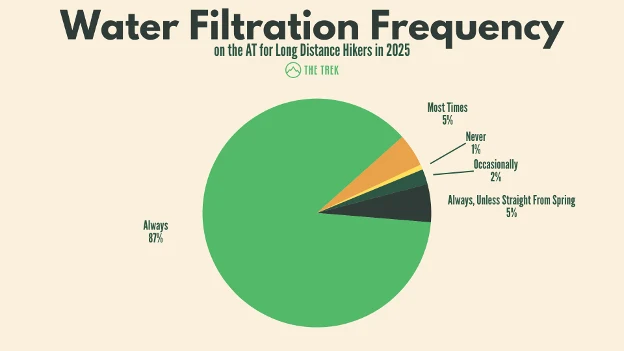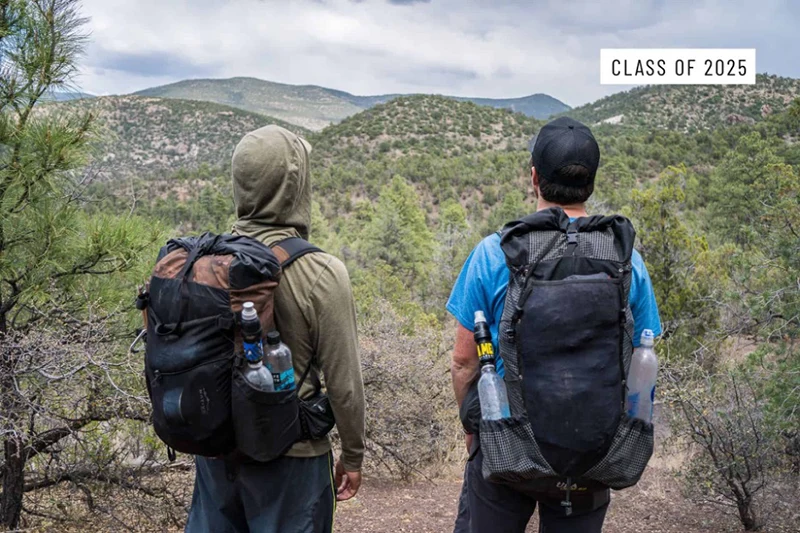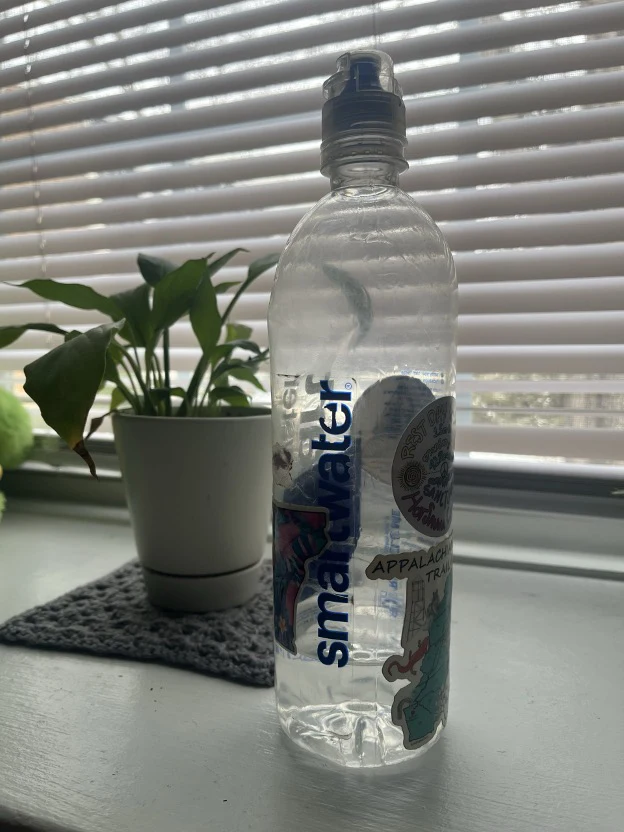Sensible Digs: Best Portable Water Filters of 2021
Sensible Digs: Best Portable Water Filters of 2021

Sensible Digs: Best Portable Water Filters of 2021
YouTube video highlight
Get clean water on the go with one of these top portable water filter.
Read more about the projectBest Portable Water Filters of 2021
Get clean water on the go with one of these top portable water filter.
You won’t always have clean, healthy water available. It’s a resource we often take for granted because it’s so easy to acquire in our comfort zones. But where do you get safe drinking water when you go camping or hit the road?
We’ve got a treat for those of you who are adventurous and like to be prepared. If you’re ever in a situation where you’re cut off from treated water, you’ll want the best portable water filter you can find.
Why worry about contamination when you can have purified water no matter where you are?
How Portable Water Filters Work
How often do you see reality shows on how to survive out in the wild using natural resources around you? We shudder at the thought of ever having to drink our bodily fluids to stay alive. The good news for adventurers is that you don’t have to resort to such extreme measures!
Portable water filters are designed exactly for those times when clean water isn’t a stone’s throw away. Whether you’re camping, hiking or stranded in an emergency, they’re an important tool that could be the difference between life and death.
With so many choices, how do you know which one to go for? Read on find out which type is best for you written by Peter Gray here.
Sensible Digs: Best Portable Water Filters of 2021


Best Portable Water Filters of 2021
Get clean water on the go with one of these top portable water filter.
You won’t always have clean, healthy water available. It’s a resource we often take for granted because it’s so easy to acquire in our comfort zones. But where do you get safe drinking water when you go camping or hit the road?
We’ve got a treat for those of you who are adventurous and like to be prepared. If you’re ever in a situation where you’re cut off from treated water, you’ll want the best portable water filter you can find.
Why worry about contamination when you can have purified water no matter where you are?
How Portable Water Filters Work
How often do you see reality shows on how to survive out in the wild using natural resources around you? We shudder at the thought of ever having to drink our bodily fluids to stay alive. The good news for adventurers is that you don’t have to resort to such extreme measures!
Portable water filters are designed exactly for those times when clean water isn’t a stone’s throw away. Whether you’re camping, hiking or stranded in an emergency, they’re an important tool that could be the difference between life and death.
With so many choices, how do you know which one to go for? Read on find out which type is best for you written by Peter Gray here.
Sensible Digs: Best Portable Water Filters of 2021


Best Portable Water Filters of 2021
Get clean water on the go with one of these top portable water filter.
You won’t always have clean, healthy water available. It’s a resource we often take for granted because it’s so easy to acquire in our comfort zones. But where do you get safe drinking water when you go camping or hit the road?
We’ve got a treat for those of you who are adventurous and like to be prepared. If you’re ever in a situation where you’re cut off from treated water, you’ll want the best portable water filter you can find.
Why worry about contamination when you can have purified water no matter where you are?
How Portable Water Filters Work
How often do you see reality shows on how to survive out in the wild using natural resources around you? We shudder at the thought of ever having to drink our bodily fluids to stay alive. The good news for adventurers is that you don’t have to resort to such extreme measures!
Portable water filters are designed exactly for those times when clean water isn’t a stone’s throw away. Whether you’re camping, hiking or stranded in an emergency, they’re an important tool that could be the difference between life and death.
With so many choices, how do you know which one to go for? Read on find out which type is best for you written by Peter Gray here.

























































































































